Policy directives, at both the EU and the International level, drive requirements for ocean data and information that respond to society’s needs for ocean data and information. The EU also works directly with countries bordering the Atlantic to focus and coordinate efforts on the Atlantic Ocean observing system.
1. European Drivers for Ocean Data and Information
The EU is a global leader in international ocean governance, and the EU framework that governs our oceans and seas is founded on strategies, directives and programmes that actively contribute to the improvement of the global ocean observing system and international ocean governance beyond Europe. These include:
2. Atlantic Ocean Drivers for Ocean Data and Information
The European Commission’s Atlantic Strategy and Action Plan, together with the All-Atlantic Ocean Research Alliance (AAORA) are the main drivers for data and information related to the Atlantic Ocean.
3. International Drivers for Ocean Data and Information
The international framework governing the ocean observing system is designed to respond to policy drivers at the intergovernmental and international level, and includes UN and ministerial-level agreements, conventions, and global scientific partnerships. Incorporating the needs for ocean data and information highlighted in international policy directives, the European Commission, EU Member States and their scientific expert groups work together to assess ocean knowledge and gaps in the ocean observing system. They also provide regular updates on the status of the observing system’s implementation to governments through these policy actions. The EU Framework is aligned with and contributes actively to these international policy instruments, and engages directly in the development of the global ocean observing system and governance through the Global Climate Observing System (GCOS), the Global Ocean Observing System (GOOS) and the Global Earth Observation Partnership (GEO).





